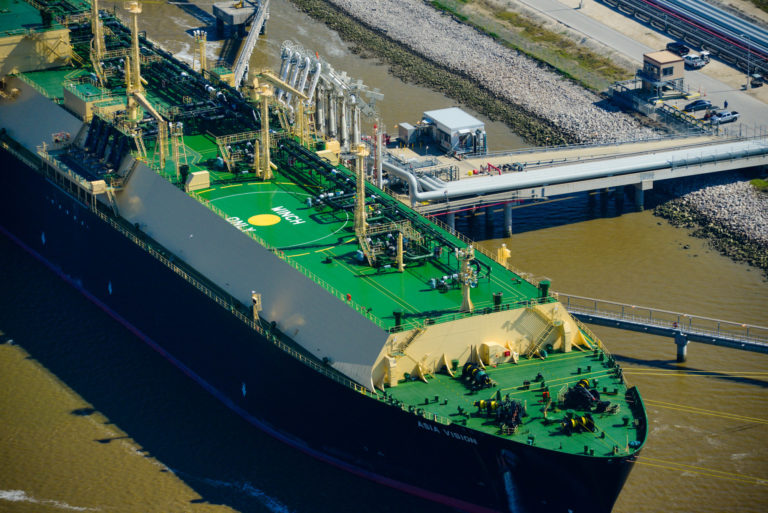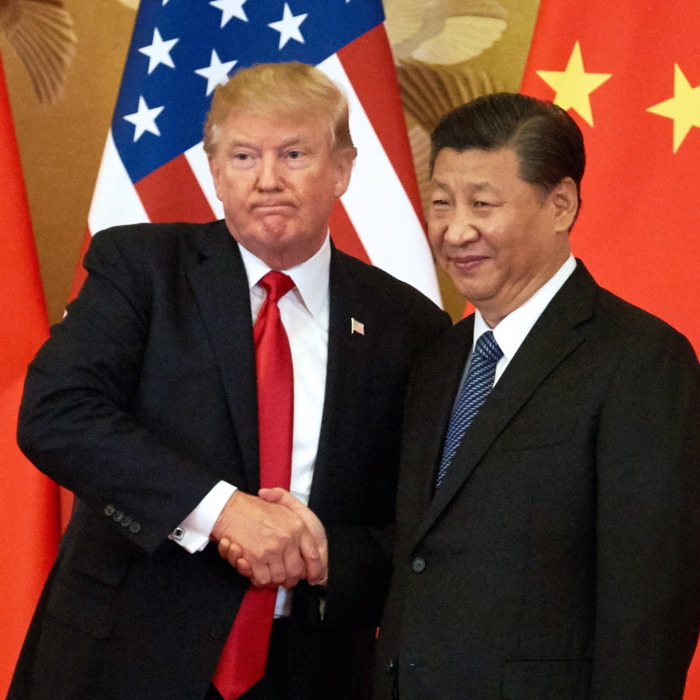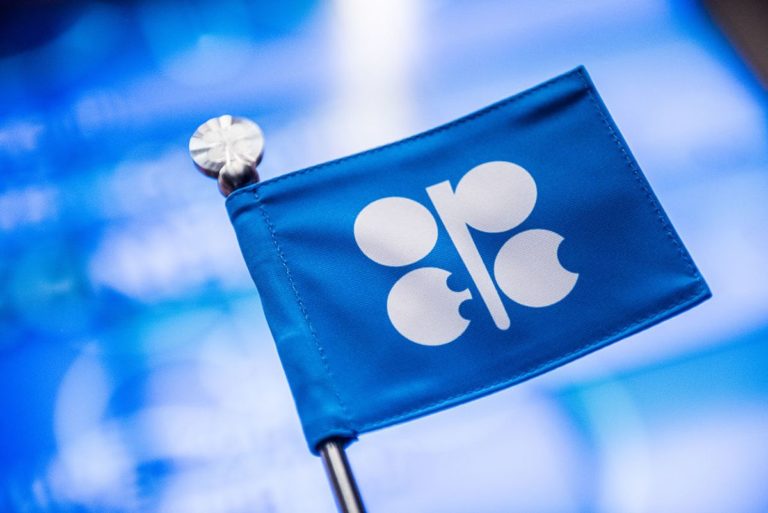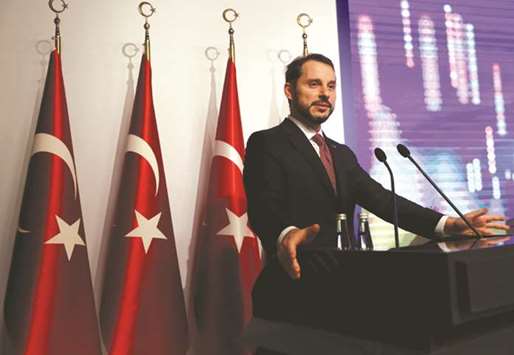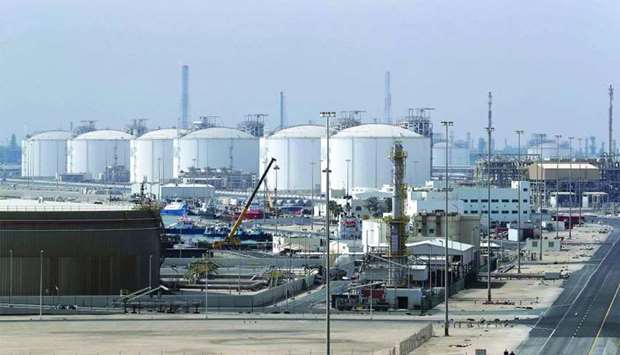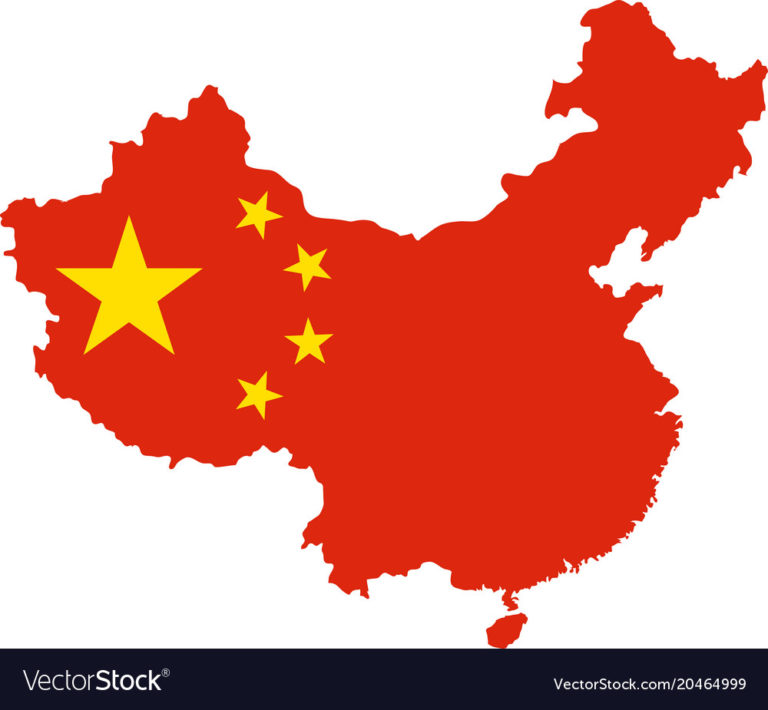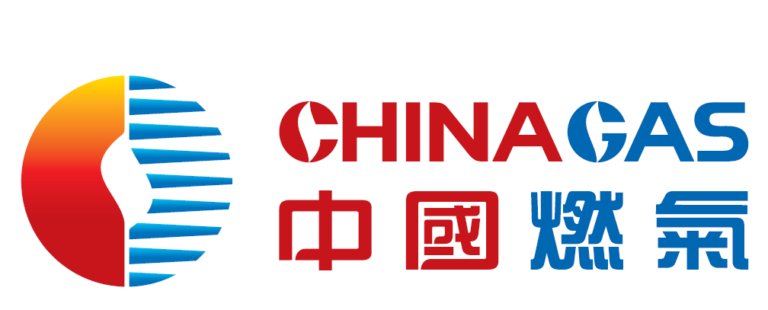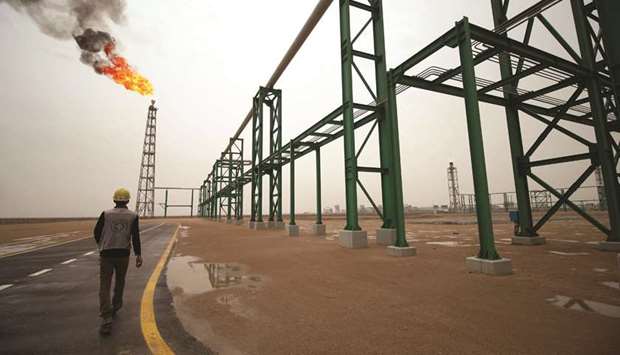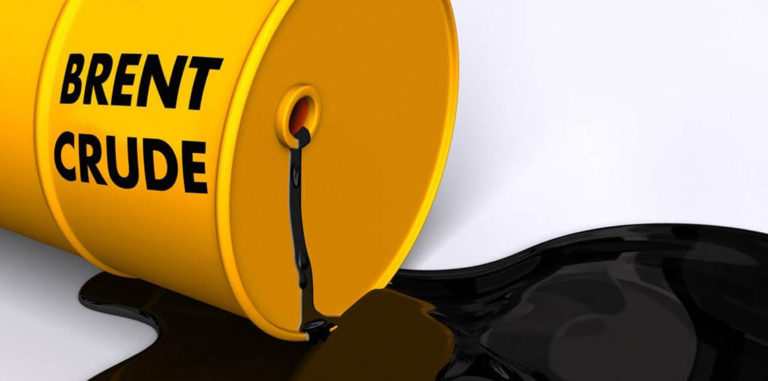The case against climate despair
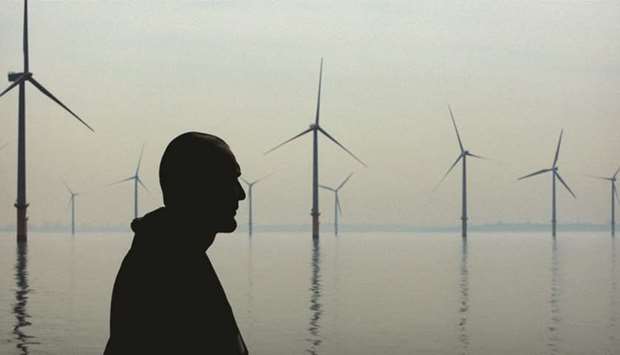
By Carl Bildt /Stockholm
Heat waves and extreme-weather events across the Northern Hemisphere this summer have brought climate change back to the forefront of public debate.
Early analyses strongly suggest that natural disasters such as Hurricane Florence – which barrelled into the US East Coast this month – have been exacerbated by rising global temperatures.
Though US President Donald Trump has reneged on the 2015 Paris climate agreement, the rest of the world is becoming increasingly convinced of the need to limit greenhouse-gas (GHG) emissions.
Last month, a group of climate scientists published a report in the US Proceedings of the National Academy of Sciences warning that the planet could be on a path to becoming a “hothouse” that may not be habitable for humans.
The Earth has already registered the highest temperatures since the last Ice Age.
But, as the report notes, what we are experiencing today will be nothing compared to what is in store if average global temperatures surpass 2° Celsius above pre-industrial levels.
At that point, the authors write, “(global) warming could activate important tipping elements, raising the temperature further to activate other tipping elements in a domino-like cascade that could take the Earth System to even higher temperatures.” The scientific debate about climactic tipping points and nightmare scenarios is ongoing.
But no one can say for certain that the risks outlined in the “Hothouse Earth” report are not real.
But there is another risk: that warnings such as these will lead to despair.
Numerous reports have already concluded that it will be exceedingly difficult to meet the targets outlined in the Paris agreement.
But to conclude that the situation is hopeless is not just dangerous; it is also factually incorrect.
After all, political and technological developments that are underway offer grounds for genuine hope.
At the Global Climate Action Summit in San Francisco, California, this month, there was plenty of talk about the numerous alarming reports that have come out in recent months and years.
But the real focus was on the Exponential Climate Action Roadmap, a major new study showing that progress in the use of non-fossil-fuel technologies is advancing not just linearly, but exponentially.
You may not realise it, but solar- and wind-power usage is doubling every four years. If that continues, at least half of global electricity production could come just from these two forms of renewable energy by 2030.
And there is no good reason to think that progress couldn’t accelerate further.
Just in the past few years, there have been rapid advances in solar-energy technologies and energy storage.
The Global Commission on the Economy and Climate estimates that $90tn will be invested in new infrastructure around the world over the course of the next 15 years.
Owing to the new technologies that are now emerging – not just in energy but in the digital domain as well – humanity could have an historic opportunity to leapfrog into far more sustainable, carbon-neutral patterns of habitation.
Moreover, in addition to the far-reaching advances in technology, there is also growing private- and public-sector awareness of the importance of factoring sustainability into all decisions.
New approaches to energy, industry, architecture, city planning, transportation, agriculture, and forestry have the potential to halve GHG emissions by 2030.
But that will happen only if a broad coalition of decision-makers decides to deploy them.
Fortunately, governments and major corporations have begun to show leadership on these issues.
As a result, GHG emissions have already peaked in 49 countries that account for 40% of global emissions; and ten countries have even committed to being carbon-neutral by 2050.
California and Sweden say that they will produce zero net emissions by 2045.
The Exponential Climate Action Roadmap shows that we do still have a say over our climate future.
The dangers that await us cannot be denied.
If GHG emissions and rising temperatures continue on their current trajectories, we could well reach the point at which future generations will have to endure “Hothouse Earth,” assuming that they can survive at all.
But just as recent scientific work has underscored the dangers of climate change, so, too, has it shown the way forward.
There is hope in the rapid diffusion of new technologies, and in the growing awareness of the problem within industry, government, and civil society.
If we can ensure exponential technological progress and marshal the necessary political will, we can tackle the climate crisis.
A “Stable Earth” is still within our reach. – Project Syndicate
Carl Bildt is a former prime minister and foreign minister of Sweden.
